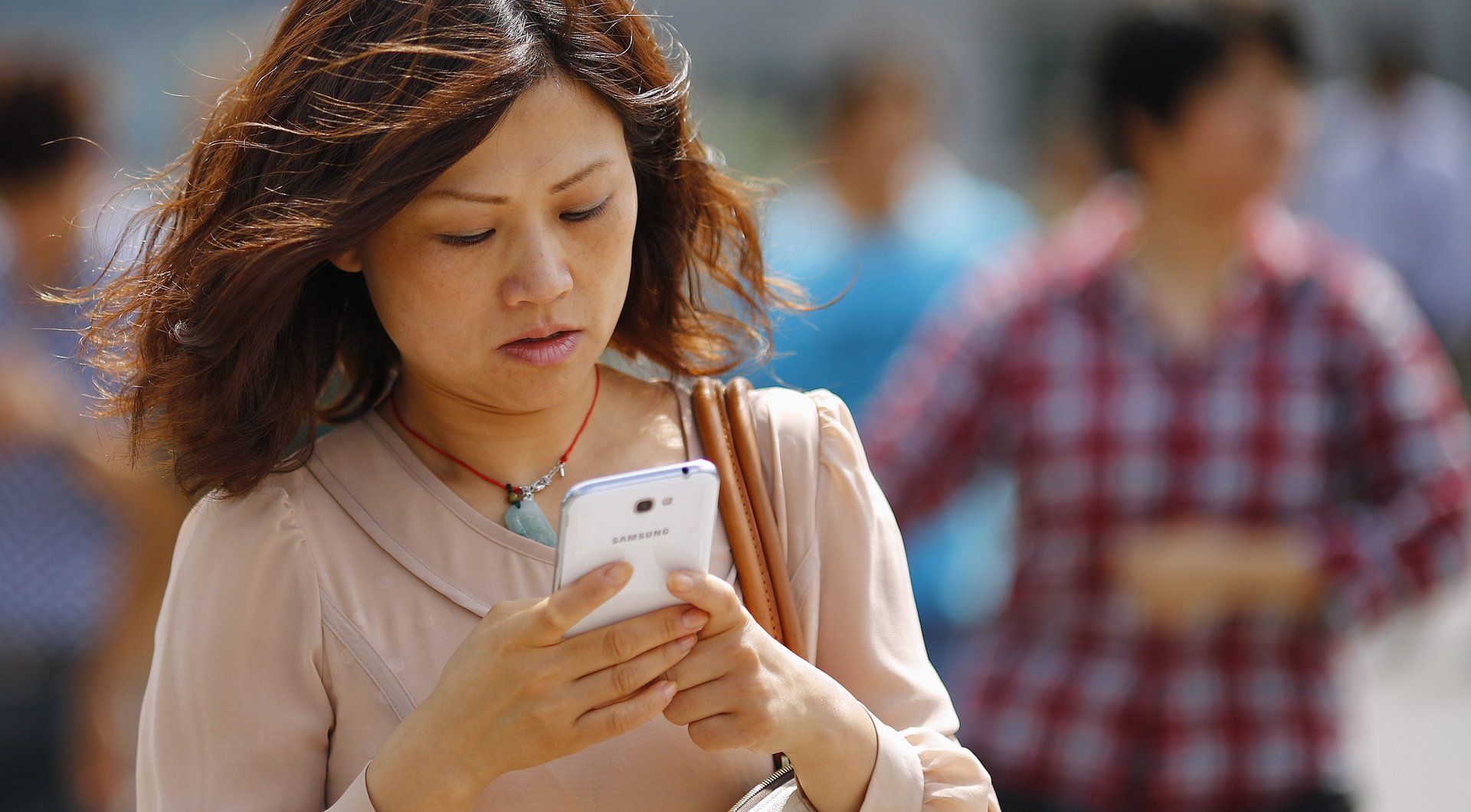How I freed myself from my phone without totally disconnecting
My phone is my command central. It alerts me to email, to calls, to news, to everything going on around me. Until recently, it filled me with confidence that I was not missing out.


My phone is my command central. It alerts me to email, to calls, to news, to everything going on around me. Until recently, it filled me with confidence that I was not missing out.
That changed when I realized that I had slipped into full mobile dependency: I had stopped looking at everything going on around me because I was looking at my phone. I had stopped listening to people talking to me because I was checking my phone. Not just any people, but the people I came home to talk to, to be with. I had become so dependent on my phone that I couldn’t really hear anything outside of it.
Constant alerts may have helped me avoid missing out on what was happening in the world, but constantly checking them caused me to miss out on what was happening right inside of my life.
I’m not alone in spending a lot of time on my phone. Americans spend an average pf 4 to 5 hours per day on our phones, according to e-market, and TechCrunch. And we’ve gotten to point in our culture when it’s acceptable to take a time out from a conversation, a dinner, even watching a movie, to check who is reaching us, or what Apple News wants to push at us in the moment.
Checking an alert while in the company of others is like pushing the hold button to see who else is trying to reach us. But what about the person “put on hold”? What about the person you love who is describing a triumphant part of his day? His newest insight and how he intends to pursue this tomorrow; that clever thing he said to his most annoying co-worker? Hold please—I may have something more interesting coming in from someone I worked with three years ago who is re-tweeting something he finds “spot on” regarding the Harvey Weinstein issue. Just a sec—my hair appointment for next Saturday needs to be confirmed. Oh, and wait, my cellphone bill is ready to view.
After I experienced too many times the disappointment in the faces of people I care for when I put my phone ahead of their conversation, I turned off my alerts. Not just my ring, I silenced all incoming sounds and push notifications. By the way, it’s not so easy to turn off all of your alerts. It felt like smashing bugs running out from under a rock—I got 90% of them with one blow, but tracking down the source of the last 10% took some effort.
In the ensuing silence, I noticed that I was gradually bringing my attention back to my surroundings and the people talking to me. My attention sharpened. I started feeling emotions from the inside and noticing them—not recording them, just noticing them. I felt my empathy—my ability to relate to people and what was on their faces (no emoji)—sharpen. I noticed that my husband didn’t seem as jolly as usual and asked him if he had a bad day. I can now remember how he answered me.
Ok, so I still check my phone all the time, but not when you are talking to me. Not when I am in a meeting, not while I am waiting for you to answer my question, not while you are mid-sentence. It can wait. I am a recovering functioning mobile dependent, and turning off my alerts, sounds, and push notifications helps me stay on track. It’s either this or a flip phone.
Jan Bruce is CEO and co-founder of meQuilibrium.